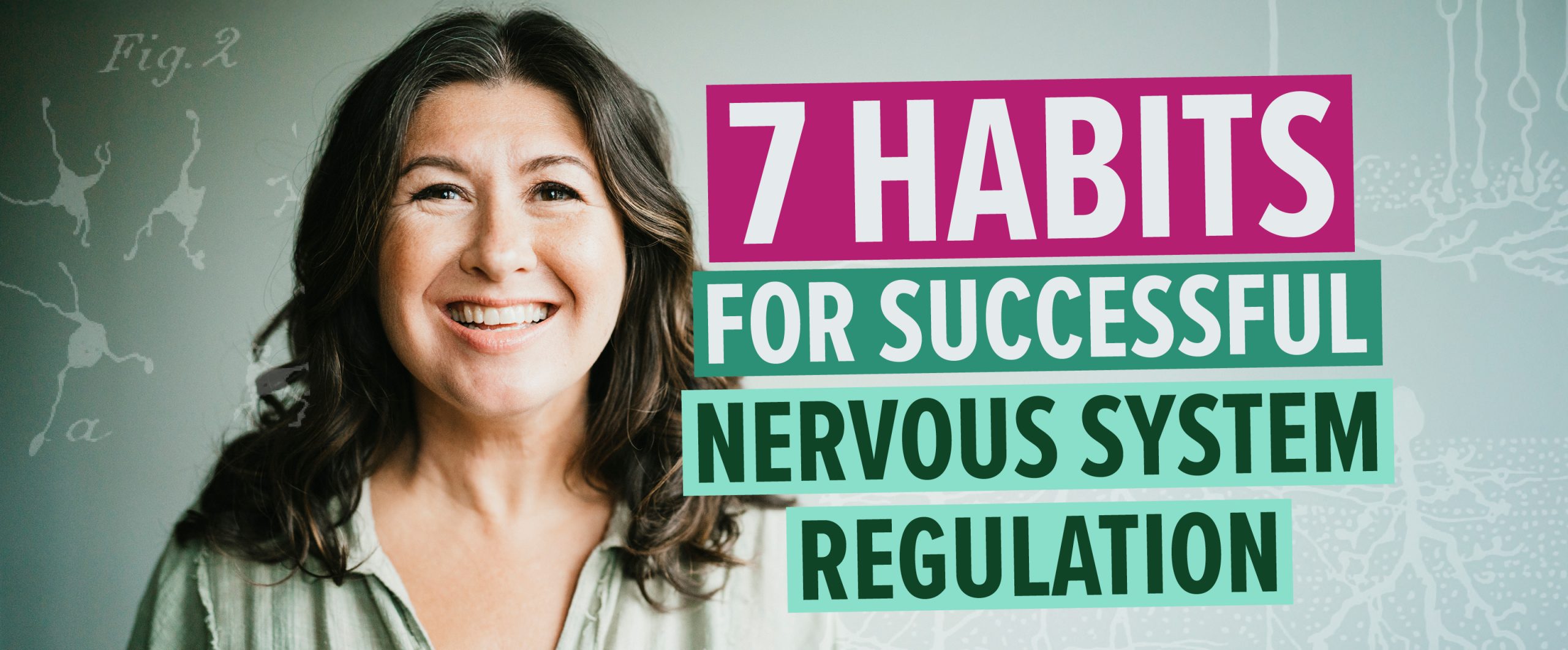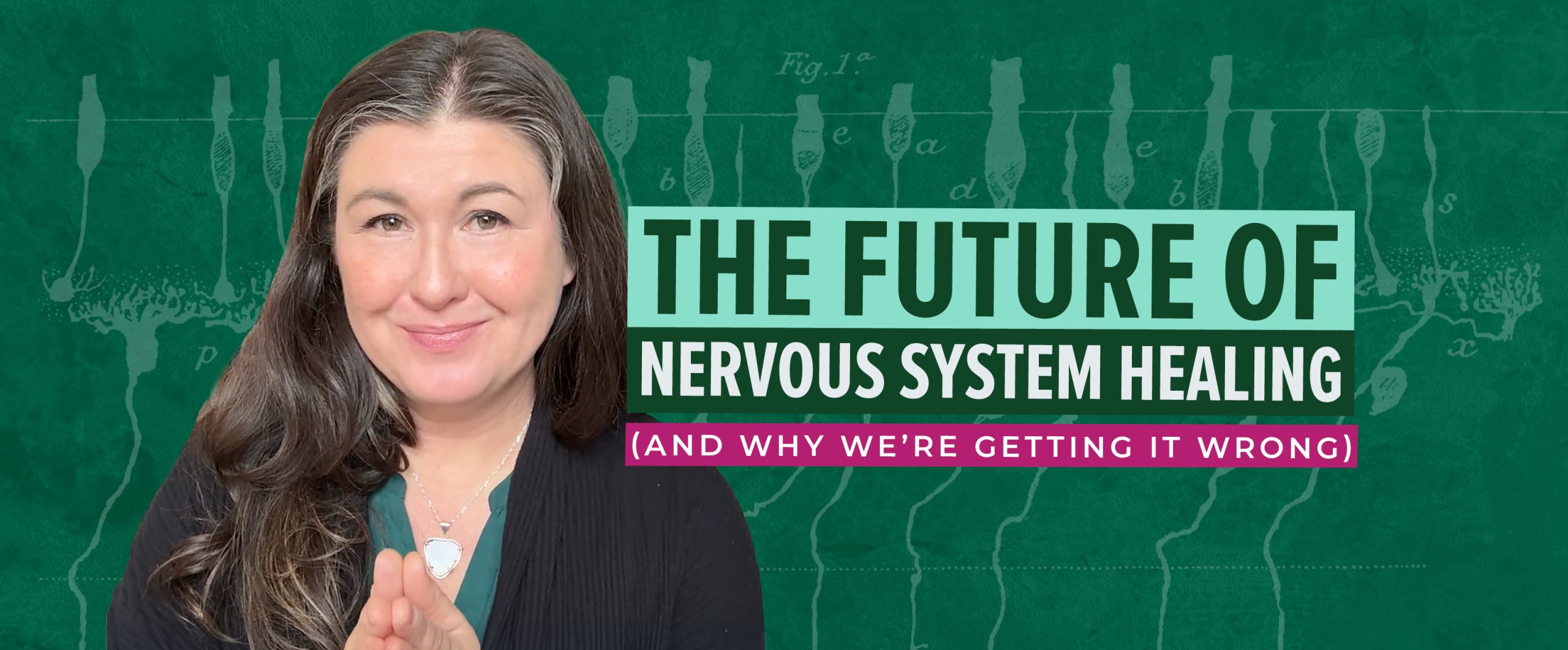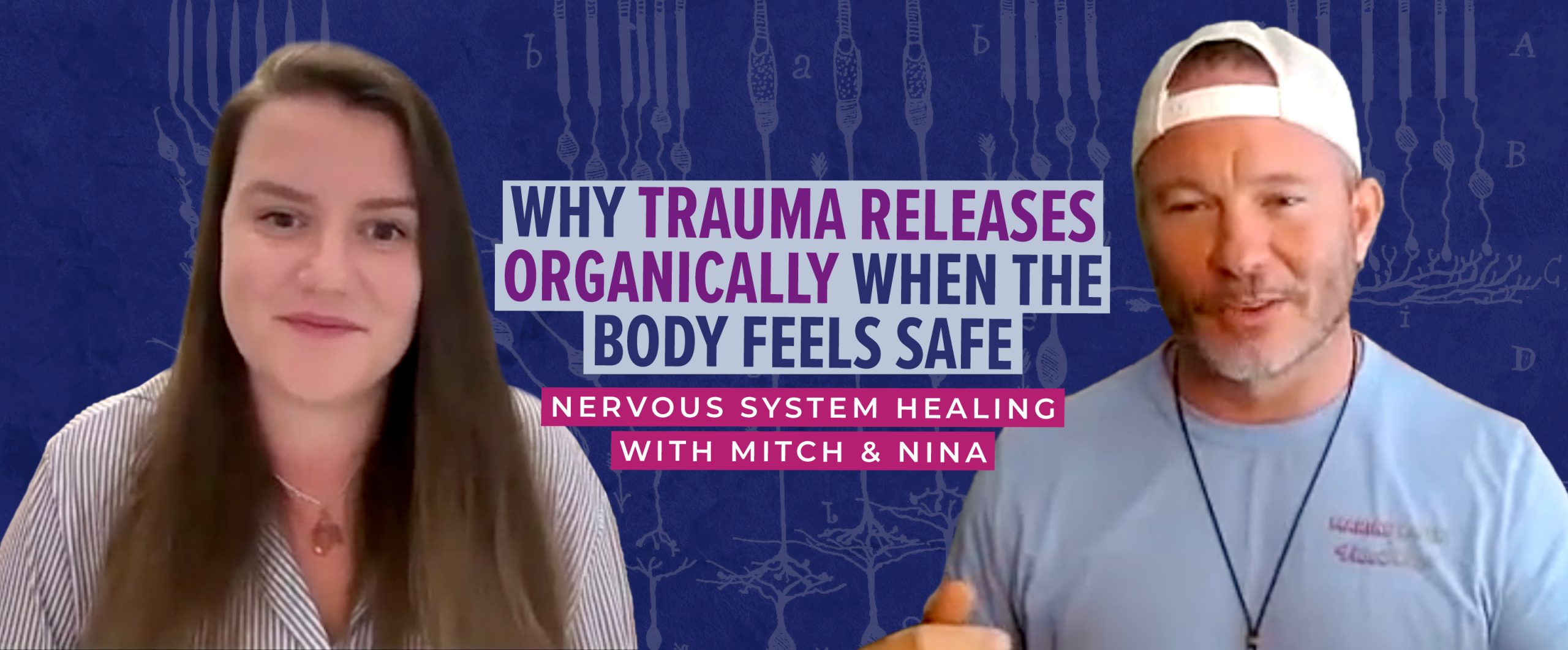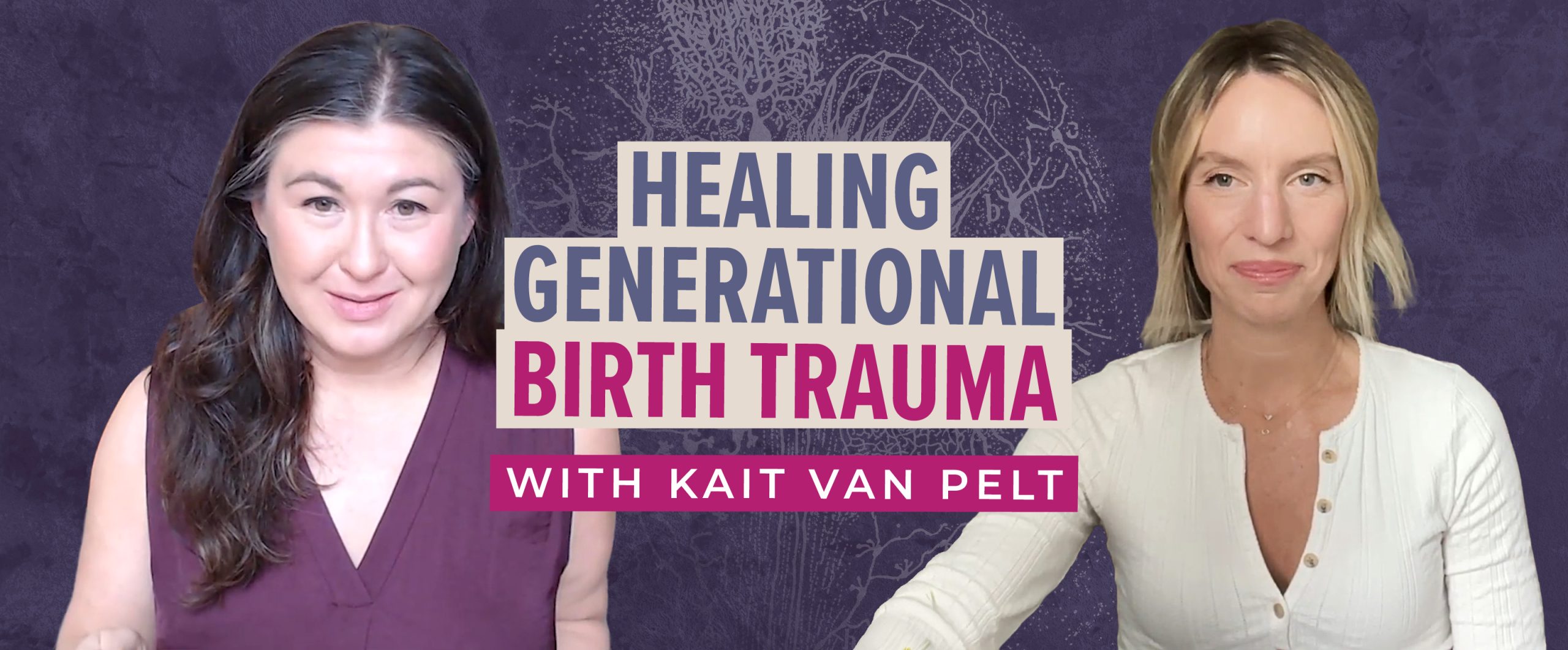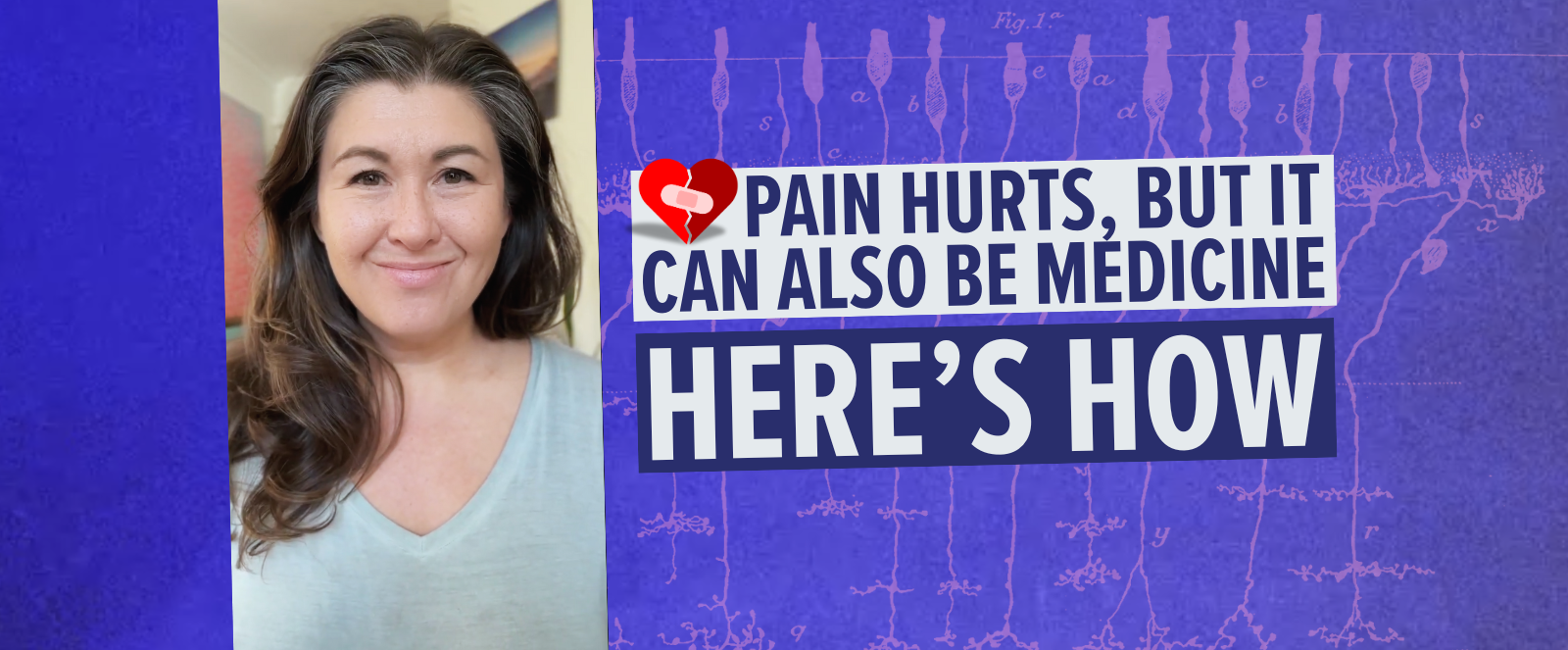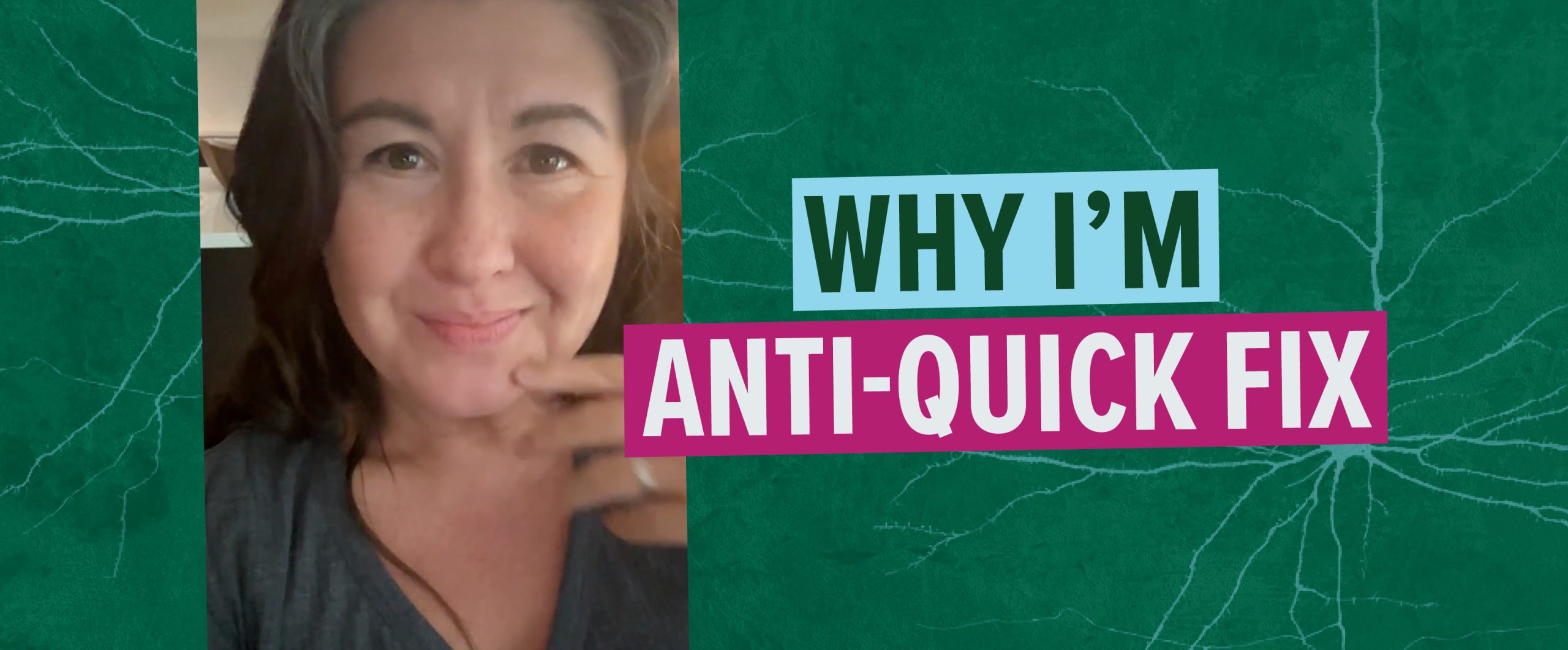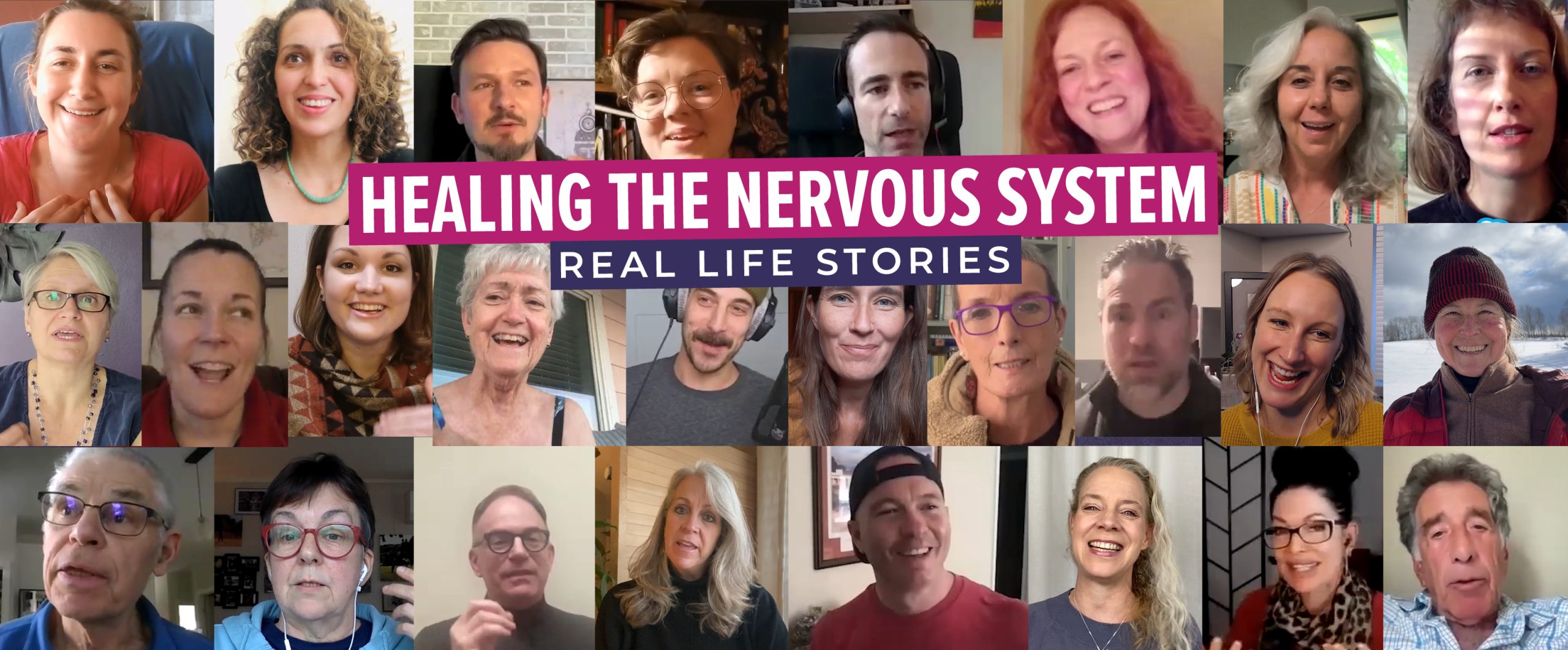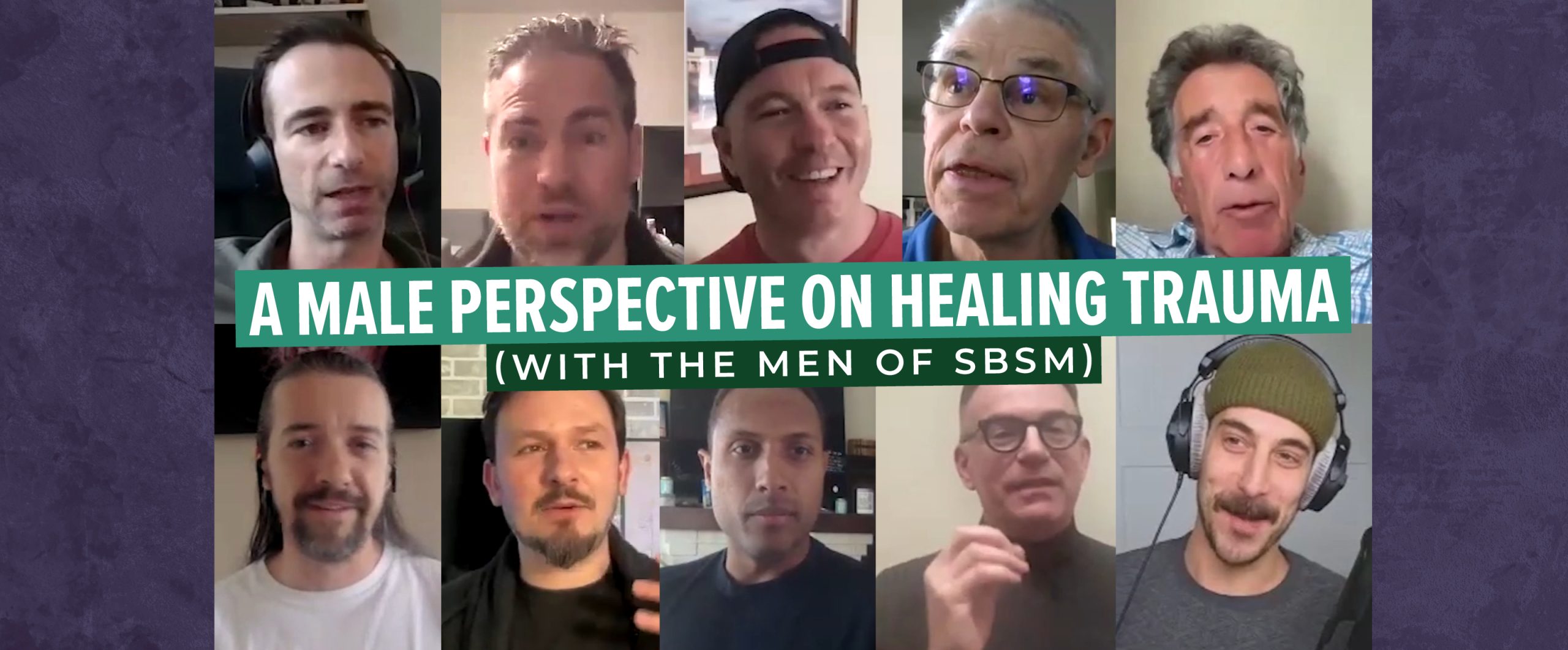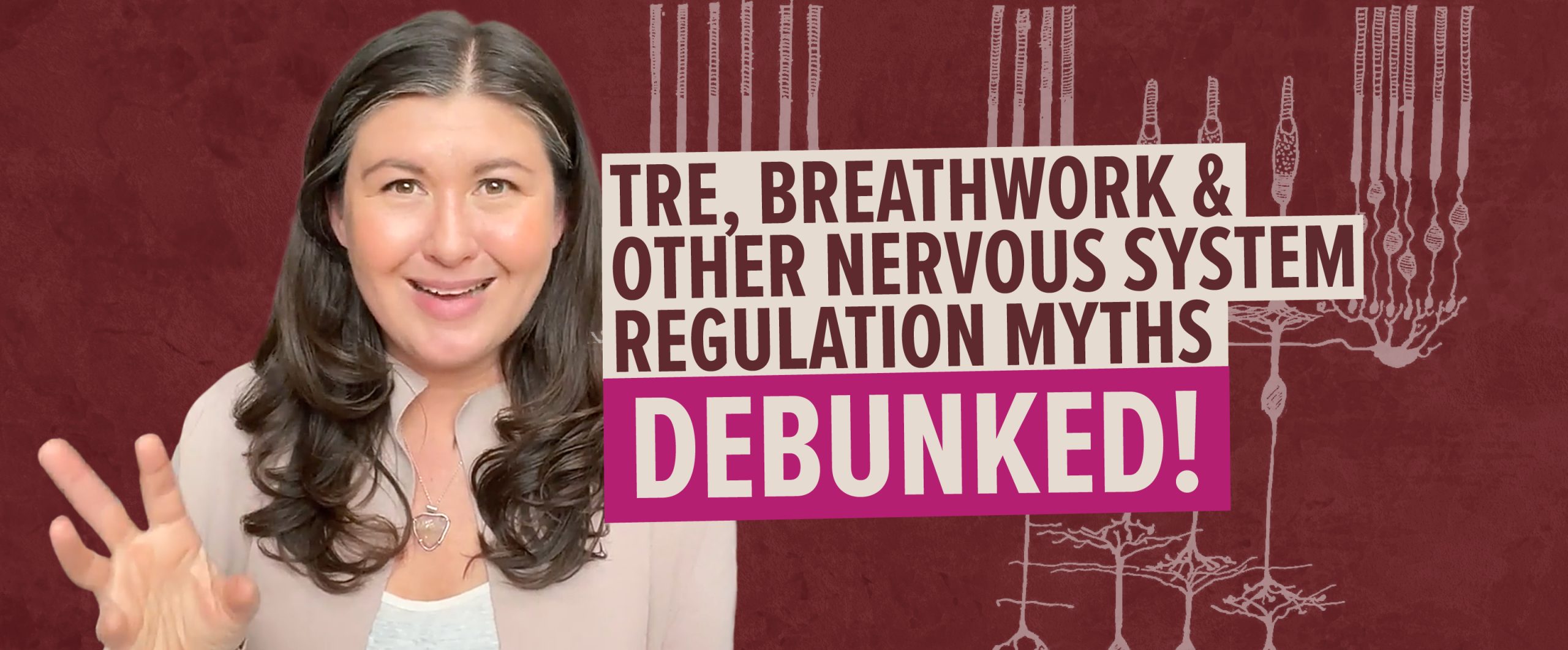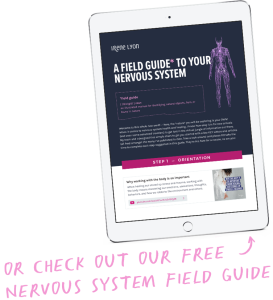I’ve seen it time and time again.
Two people can start this nervous system work at the exact same time. They might be facing similar struggles — chronic pain, anxiety, or feeling stuck in survival mode. But after a few months (or years), their journeys may look completely different.
Person A has made massive strides. They’re feeling more stable and grounded — like a new version of themselves.
Person B? They’re still spinning their wheels, struggling to make progress, and wondering why they can’t seem to get unstuck.
What’s the difference?
This question used to puzzle me — until I started noticing a pattern. The students who thrived weren’t necessarily the ones with the easiest lives or the most free time…
They were the ones who just started — not later, but IMMEDIATELY.
And THIS is just #1 of 7 habits* for successful nervous system regulation that I was able to identify based on what I see my online students DO and share.
I break them all down in this week’s video (a popular re-release).
Here’s a peek into those 7 habits:
- Start immediately!!**
- No longer identify as a victim.
- Believe that you deserve it (to heal).
- Create greater safety to the best of your ability.
- Focus on all aspects of health.
- Integrate and apply immediately!!
- Don’t let little setbacks set you back.
If you have yet to sign up to my 21-Day Nervous System Tune-Up, it IS the best place to do exactly this: get started. And by the way, our annual Black Friday/Cyber Sale is coming up Nov 25 – Dec 2 where you can get $100 US off the regular price of $297.
I wanted to remind you of these 7 habits today because I know that a simple list can often be enough to kickstart some action, and maybe, just maybe, call out self-sabotaging behaviour that’s hindering you from starting in imperfect ways.
But #1 is by far the most important of them all.
Start. Learn. Heal. Repeat.
Even if only for 5 minutes a day.
Mentions and additional resources:
➤ Why we can get overwhelmed when we start healing our trauma
➤ [Trauma Tip #7] This is what it takes to heal victim mentality
➤ The difference between being a victim and identifying yourself as one
➤ Understanding the difference between healthy shame and toxic shame. Interview with Seth Lyon
➤ My health regimen (20 years in the making!)
➤ What the heck is orienting? (and why is it so important?!)
➤ What do you do when you have unresolved trauma? Two types of orienting.

